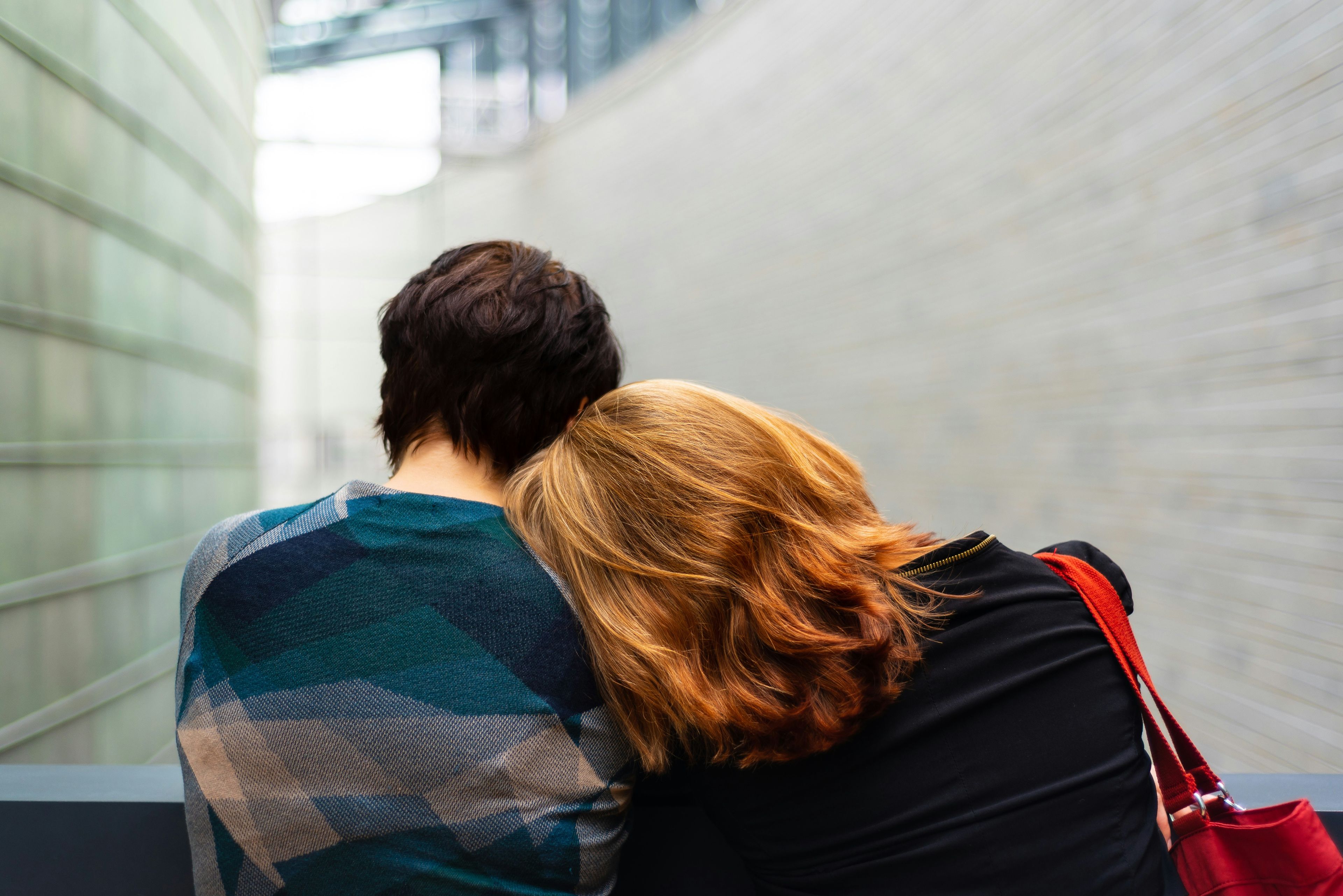
Grieving the Childhood You Never Had: How to Heal and Step Into Your Power as an Adult
Many people associate grief with death, but for those who grew up in homes filled with chaos, neglect, or abuse, grief often takes a different form.
Many people associate grief with death, but for those who grew up in homes filled with chaos, neglect, abuse, or emotional disconnection, grief often takes a different form. It’s the ache of a childhood that never was. If you were the responsible one, the quiet one, the one who didn’t need much, you may now find yourself stuck, unable to fully embrace adulthood. You’re not alone.
In this article, we’ll explore what it means to grieve a lost childhood, how those early experiences show up in adulthood, and how to begin healing and reclaiming your power.
What It Means to Lose Your Childhood
If your childhood was filled with neglect, emotional disconnection, or you were forced to grow up too soon, you may be grieving more than memories; you’re grieving the absence of safety, play, innocence, and protection.
Maybe you were the parentified child, taking care of siblings or even your own parents. Maybe you were the scapegoat, constantly criticized or ignored. Or maybe your childhood felt like constant chaos, always wondering what mood someone would be in, who might show up, or where you'd sleep.
When children grow up in these environments, they often become adults who:
- Struggle to relax or enjoy life
- Feel emotionally underdeveloped or “behind”
- Blame themselves for not knowing basic emotional skills
- Are triggered by stress and feel “younger” than they are
- Have difficulty trusting others or maintaining boundaries
Grief shows up when we lose something important, and for many, that something was a safe, stable, emotionally supportive childhood.
How Childhood Trauma Follows Us into Adulthood
The effects of growing up in a dysfunctional home are often long-lasting. Adults who didn’t get to be kids may experience:
- Poor boundaries: You might say yes when you mean no or struggle to advocate for yourself
- Low self-worth: You feel like you're not enough or are constantly questioning yourself
- Difficulty making decisions: You were never taught to trust yourself
- Chronic self-criticism: That inner voice sounds a lot like the adults who raised you
- Relationship instability: Trust feels dangerous or unfamiliar
These patterns didn’t start in adulthood. They began in a home that didn’t protect, nurture, or validate you.
How to Grieve the Childhood You Didn’t Get
Healing starts by validating what happened and what didn’t.
1. Acknowledge What Was Missing
Say the truth out loud,
- “I never felt protected.”
- “No one saw how hard things were for me.”
- “I was taking care of others when I needed someone to care for me.”
Pull out a photo of yourself as a child. Write a letter to that child. Look in the mirror and say what no adult ever said to you. You are allowed to see and name your pain, even if no one else ever has.
2. Let Yourself Mourn
Allow the child inside of you to express anger, sadness, confusion, or pain. Sit with that inner child and say, “It wasn’t fair. I didn’t deserve that.” These feelings don’t make you weak; they’re part of healing.
If you don’t acknowledge these emotions, they will continue to drive your adult behavior from the shadows. That hurt child might show up as rage, avoidance, perfectionism, or fear.
3. Create the Safety You Didn’t Have
Be the adult now that you needed then. That might mean:
- Creating a peaceful, predictable home
- Controlling who has access to your time and energy
- Locking the door, both literally and metaphorically, on chaos
- Saying “no” when your peace is threatened
You can’t go back and fix the past, but you can give yourself the stability and protection you’ve always deserved.
4. Practice Joy and Play
Some of you have been adults since you were five years old. It’s time to remember how to play.
Not every answer is in a book or a therapy session. Sometimes healing means putting down the self-help and picking up a paintbrush. Running through a field. Laughing until your stomach hurts. Let yourself have the experiences you missed, starting now.
5. Speak to Yourself Differently
That critical voice in your head? It may not be yours. You inherited it. Now, it’s your job to change it.
Start replacing “I’m stupid” with “I’m learning.”
Replace “I can’t do anything right” with “I’m doing my best.”
Speak to yourself the way you wish a caregiver had spoken to you.
6. Step Into Your Adult Self
Healing is not just about caring for your inner child. It’s about stepping into your adult power.
Say to yourself,
“I’ve got you.”
“We’re safe now.”
“I am in control of my life.”
You can grieve your childhood while also choosing the adult you want to be. You are not powerless anymore.
You Are Not Alone in This Work
Grieving a childhood you never had is a courageous act, and you don’t have to do it alone. At Calling Home, we support adults who are navigating the grief of complicated family relationships. Through our Family Cycle Breakers Club, you’ll get access to expert articles, worksheets, interactive groups, and a community that understands.
Join us at callinghome.co and begin creating the life you were always meant to live.